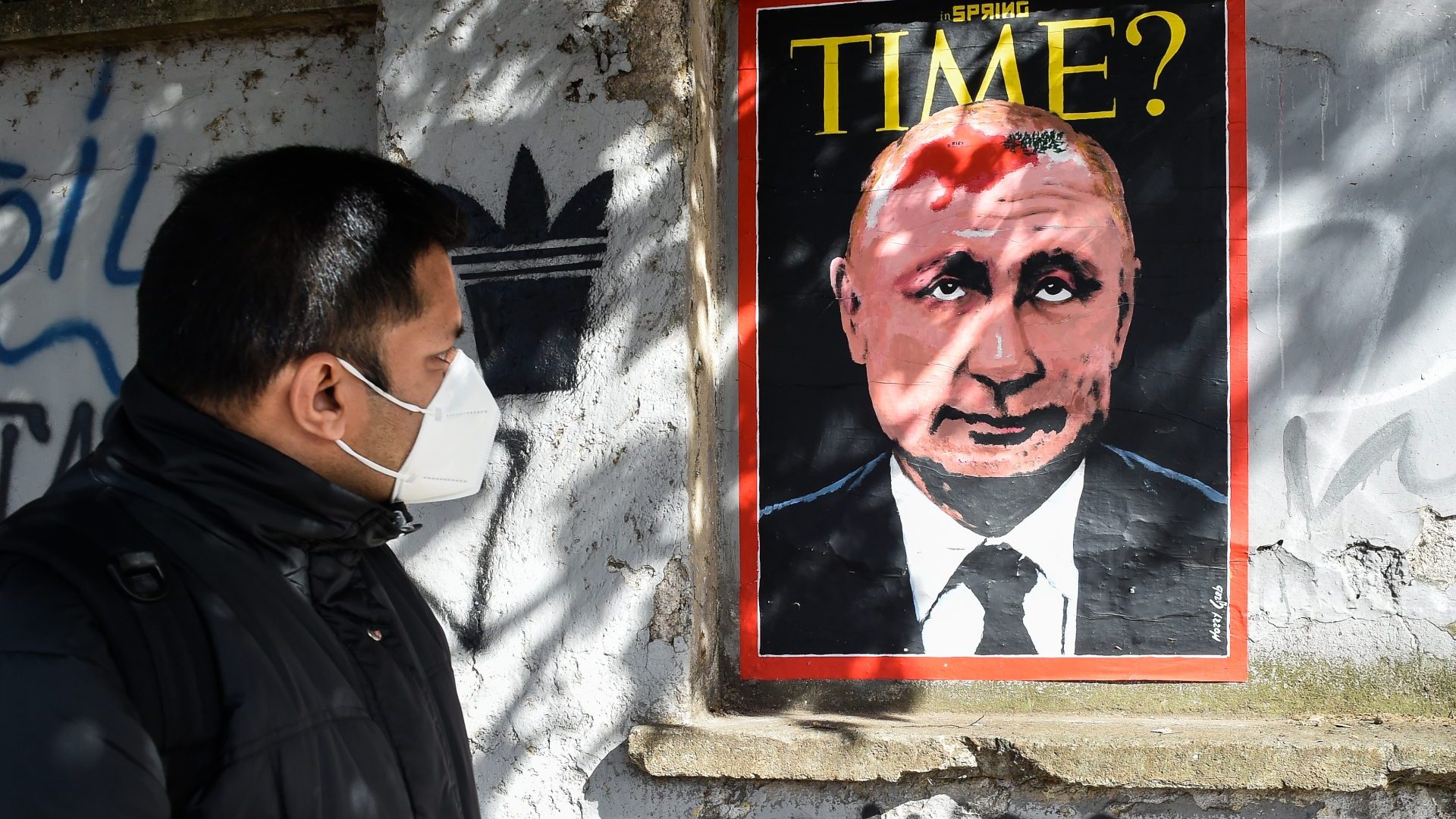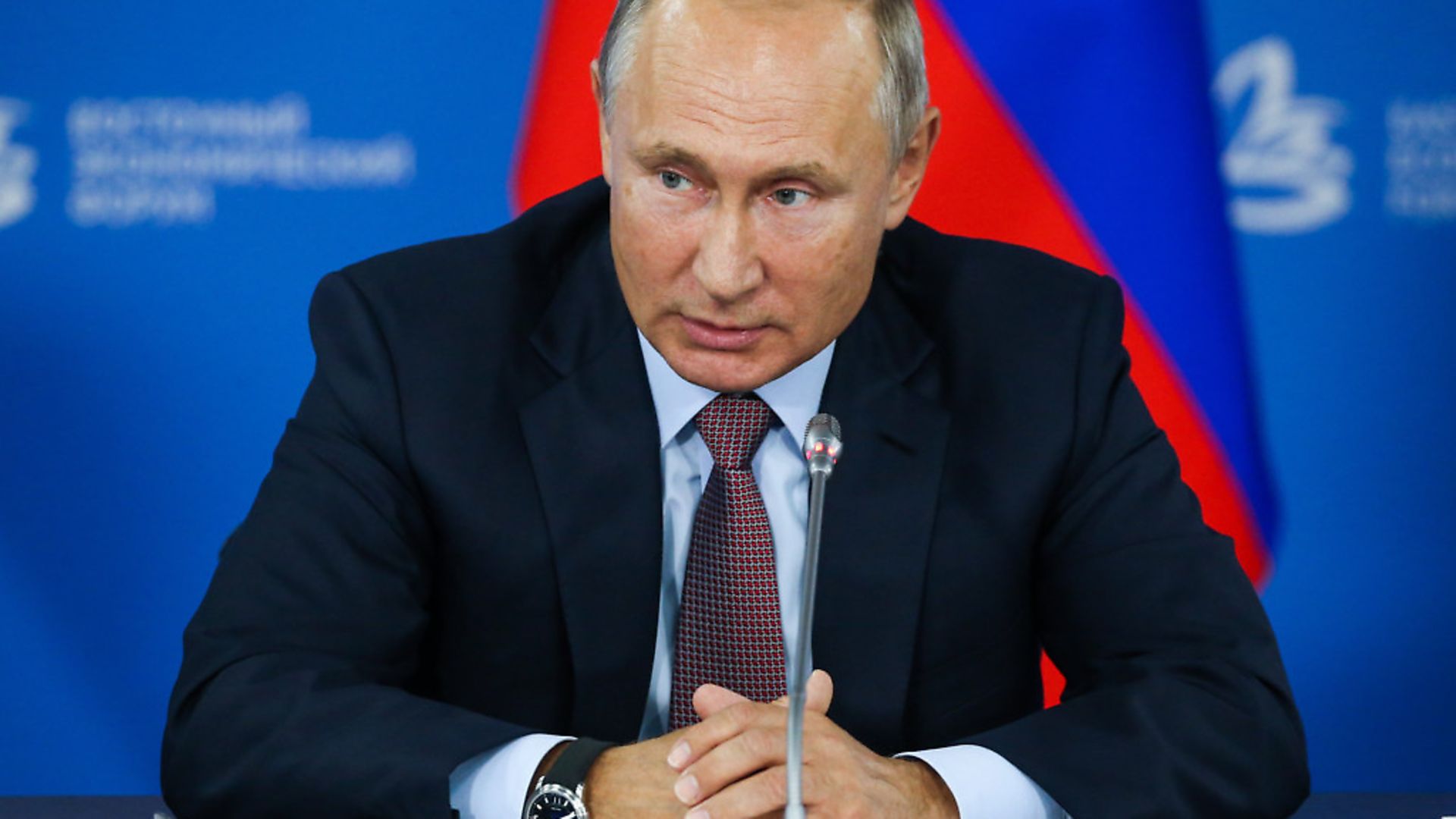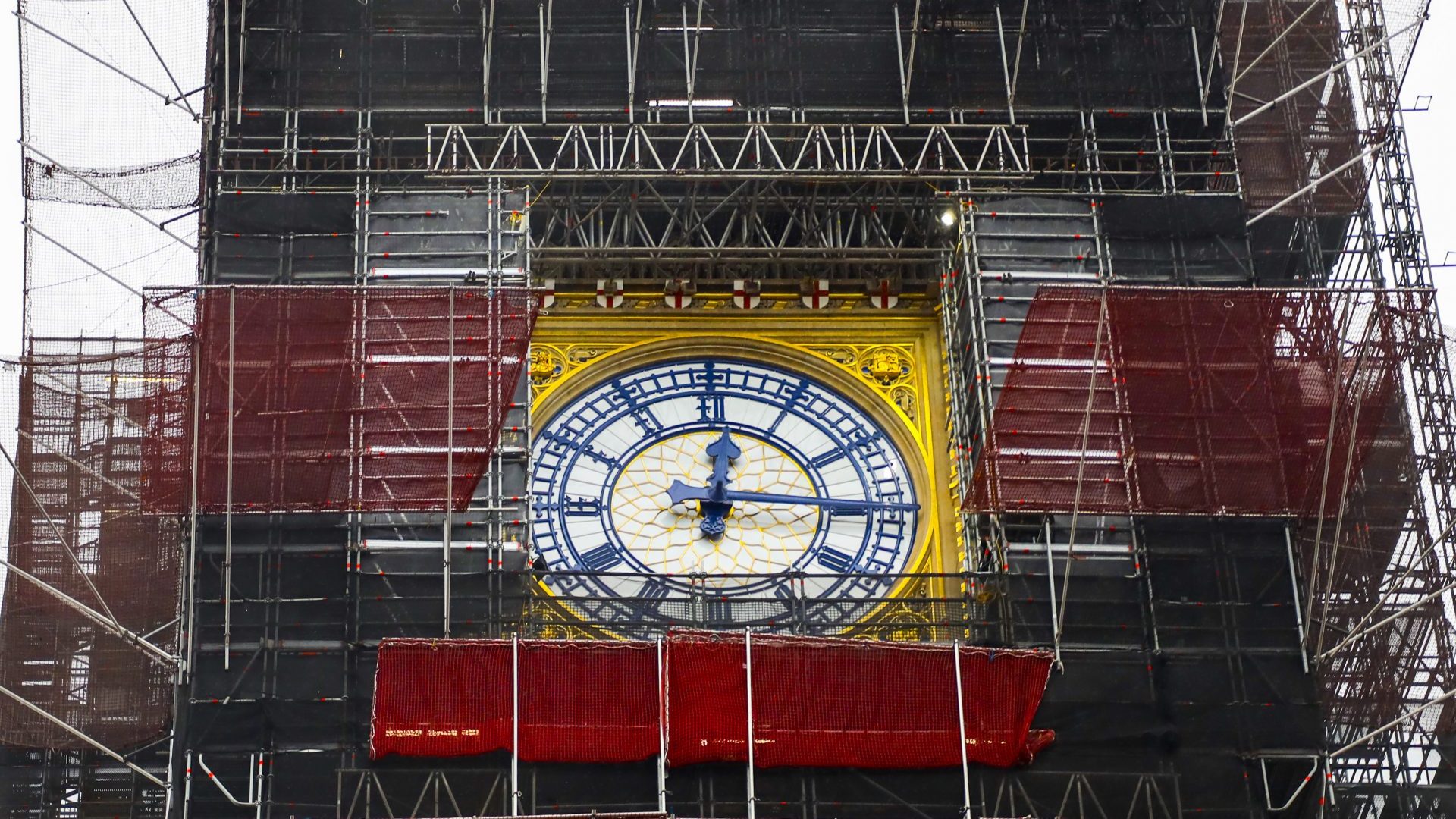There is no more nebulous concept in politics than “the West”. Where it starts, where it ends, what it stands for and what it means have been disputed ever since Oswald Spengler, rightwing German philosopher, published The Decline of the West in 1918.
For Spengler, “the West” was a state of mind: a culture that had, through colonialism and racial superiority, conquered the world but was doomed to die. Weakened by democracy and rationalism, its final spasm would be a “second religiousness”, in which the masses reject the values of the Enlightenment and embrace dictatorship.
Watching far-right anti-vaxxers paralyse Ottawa, one of the most liberal-democratic cities in the West, with a truck convoy part-financed by US evangelicals, you might say Spengler had a point. Likewise when watching Vladimir Putin run rings around the combined diplomatic corps of Britain, the US and the EU as he justifies the invasion of Ukraine.
But it is the joint declaration of China and Russia published this month that signals the biggest challenge to Western power, culture and assumed global leadership since the world system emerged 600 years ago. In it, Putin and Xi Jinping outline their conception of how the world should develop in the 21st century. Whether you like it or not, it will shape geopolitics from Taiwan to Ukraine to Canada and all points in between.
Putin and Xi claim that “Russia and China as world powers with rich cultural and historical heritage have longstanding traditions of democracy, which rely on thousand-years of experience of development, broad popular support and consideration of the needs and interests of citizens”.
To anyone who has visited these states, with their dictatorships, polluted ecosystems and prisons full of political dissidents, this claim will seem ridiculous. But its purpose is to redefine democracy. Democracy, state the two dictators, is the new label for single-party states.
Likewise, “universalism” has to be redefined. After the second world war, we produced the Universal Declaration of Human Rights. Not “international” – as some governments wanted – but “universal”, meaning that no state could claim the right to interpret, localise or culturally veto the rights awarded by the charter to every human being on earth. For Xi and Putin, this has to change. The “universal nature of human rights should be seen through the prism of the real situation in every particular country”, says the joint declaration.
The declaration implicitly describes the work of human rights monitors as “outside interference” and calls on Western governments to stop criticising Russia and China for violations, since these are being measured against Western standards, not against the “real situation”.
Finally, it contains the design for a three-power world. A rearmed Russia, cowing its neighbours into submission and sending its troops to quell rebellions from Minsk to Almaty to Yerevan; a China risen to the status of a superpower; set against the declining American superpower. There is no place in this vision for the strategically autonomous Europe dreamed of by leaders like Emmanuel Macron. Europe will be just one more chessboard on which the China-Russia alliance will move its pieces.
At the core of their vision is what their supporters call “multiple modernities”. If modernity emerged during the Renaissance and became synonymous with Western power in the 20th century, then in the 21st, it must fragment. What they’re really talking about, of course, is multiple truths.
If Putin says there has been genocide carried out against Russians living in Ukraine, live on national TV, that must be true. If Xi and his propagandists claim the people being indoctrinated in the prison camps of Xinjiang enjoy it, again it must be true. Raise so much as an eyebrow against these assertions and the supporters of multiple modernity will call you a racist indulging in white supremacy.
In a way, Xi and Putin have done the world a favour by writing this document. They have made it very easy to define the West. The West, going forward, is everybody who does not want to live in the world they have designed. Everybody who wants one definition of democracy, one yardstick for human rights, and one peer-reviewed body of scientific knowledge.
The West will be a mindset that can inhabit the brains of people in Moscow and Beijing just as much as Putin’s mindset increasingly inhabits the brains of presenters on Fox News.
The West has been an ugly reality. The great thinkers of the Enlightenment on humanism could not bring themselves to classify non-Europeans as human. The drafters of the US constitution owned slaves. The Vienna of Mozart stuffed a black man’s corpse and displayed it in a museum. The Churchill who defeated Nazism is the same Churchill who presided over the Bengal famine.
Today, even to say what I’ve just written is to invite a backlash. But if we want the West to survive as an approach to being human – based on concepts of freedom, democracy and rationality – we have to cleanse it thoroughly, atone for its crimes, and stop whitewashing it.
Because the Putin-Xi declaration is not simply designed for domestic consumption. It is designed to persuade people in the West who don’t like the reality they live in. It is an appeal pitched squarely at the Ottawa truckers, the far-right voters in France who support Éric Zemmour. It will be presented as the moral justification for Putin’s invasion of Ukraine.
To defend the best of the Western tradition, even as a minority view in a world of cruel anti-rationalist dictators, we have to redefine it.




